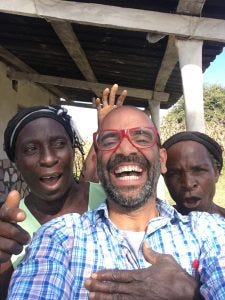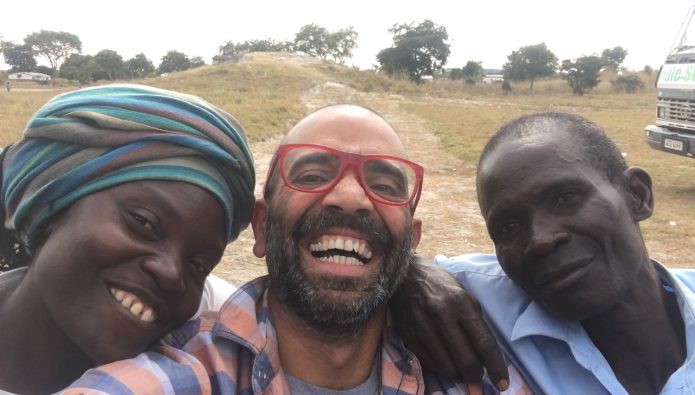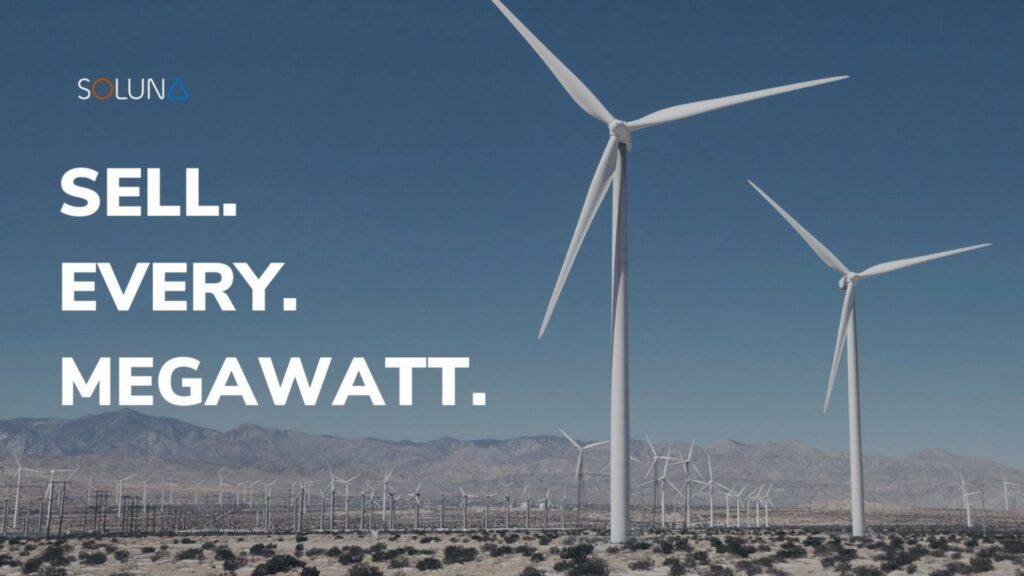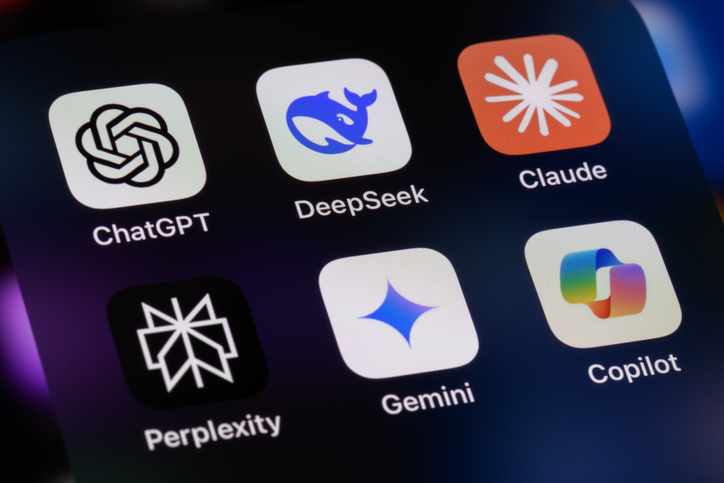John Belizaire, CEO
It’s Monday, 3:30 am, somewhere in Sub-sahara Africa.
Nyemba, a farmer, and mother of three wakes to pack her corn harvest from the day before. By 4:30 am, she starts a long journey, on an empty stomach, carrying over 50 kilos of produce on her back.
Nearly two hours later, she arrives at an open-air market where many women just like her hope to sell their harvest to predatory buyers. Because they want to feed their children when they return home that evening, they have no choice.
At 5:30 pm, after a long day of waiting her turn, she sells her corn for a price that does not adequately compensate her for her work in producing it.
Her corn now moves through a global supply chain.
On its journey, it will run through multiple middlemen who will earn a lot more in aggregate than Nyemba was paid.

At its destination, in San Francisco, the corn is unrecognizable. It has now been transformed into the preferred beverage of the bay area elite. Nyemba’s role in this transformation has been lost in the journey. She is invisible.
It’s Tuesday, 3:30 am, Nyemba repeats Monday’s journey. This is her life.
She has no real future; neither do her kids.
Until now…
BanQu, a new company founded by my friend, Ashish Gadnis is using the blockchain to change this narrative.
Ashish and I met each other several years ago, while we were both selling software and services to the insurance industry. We recently reconnected when the chair of his board, Seraina Macia, a mutual friend, and a former customer asked me to join the board.
BanQu represents a real-life application of the blockchain to solve a real global problem; poverty. There are millions of farmers, laborers, and miners who participate in a worldwide supply chain just like Nyemba. They live in regions where over 2 Billion of the poorest people live. Yet, they remain invisible like her.
I had a chance to sit down with Ashish recently to talk about his solution.
“Nyemba has an ID. This is not an identity issue. It’s an economic Identity issue,” said Ashish on our recent Podcast. He explained that because Nyemba’s transactions are done in cash, and with predatory buyers, she has no real economic record. She, therefore, can’t open a bank account. She can’t get a loan to help increase her crop output and is consistently underpaid for her crop. She can’t get crop insurance to protect her from extreme weather, and she can’t lease equipment to help her tend to her farm.
“I thought there had to be a better way and I got into a fight,” said Ashish describing a tense experience trying to help a farmer open a bank account while he was working in Zambia for USAID.
He returned to the US and started working on BanQu. He discovered that the global corporations, producing those yummy beverages also want transparency in their supply chain. They want to know where their raw materials come from. They want to ensure Nyemba is paid fairly and they want to ensure their raw material is sourced ethically. Today, these companies spend millions of dollars annually to manually certify and verify their supply chain.
That may be so, but I think Ashish is on to something.
“Our mission is to lift 100M people out of poverty.” – Ashish Gadnis, Founder and CEO of BanQu
Here is what the BanQu solution (powered by Ethereum) does:
- It puts all of Nyemba’s transactions on the blockchain (not a private central database).
- It records the geolocation where the crop was grown and transferred; enabling traceability and transparency for “the last mile.”
- It decouples the payment from the sale process for the harvest. The brand pays the farmer directly; ensuring it is fair. BanQu tokenizes the transaction and payment obligation, allowing a farmer to turn it into hard currency whenever they want.
- It makes the transaction history permanently available.
- Facilitates the use of that history to open up access to full financial services for farmers; allowing them to create capital, acquire insurance, and lease equipment.
The blockchain now goes by many names: the trust protocol, the identity protocol, the value network, and the key to the “me-nome.” But, it remains to be seen what applications will genuinely have a transformational impact on the world.
That may be so, but I think Ashish is on to something.
“Our mission is to lift 100M people out of poverty,” he says while filming our recent Podcast together.
Amen.




